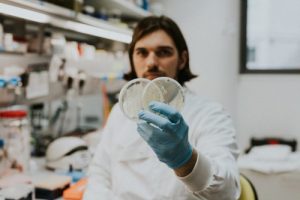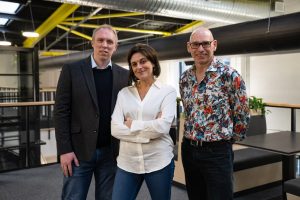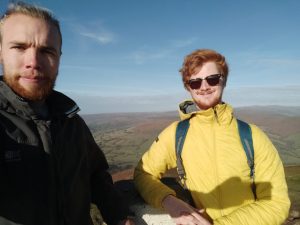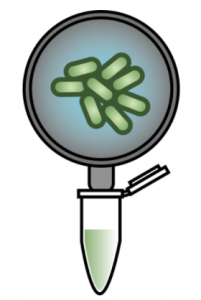 Imre Berger, Professor of Biochemistry and Chemistry, Co-Director of the Bristol BioDesign Institute, and Director of the Max Planck Bristol Centre for Minimal Biology, has been elected as a Fellow of the Academy of Medical Sciences for his outstanding contributions to biomedical science and notable discoveries during the COVID-19 pandemic.
Imre Berger, Professor of Biochemistry and Chemistry, Co-Director of the Bristol BioDesign Institute, and Director of the Max Planck Bristol Centre for Minimal Biology, has been elected as a Fellow of the Academy of Medical Sciences for his outstanding contributions to biomedical science and notable discoveries during the COVID-19 pandemic.
This year, the Academy has elected 60 outstanding biomedical and health scientists to its Fellowship for their remarkable contributions to biomedical and health science and their ability to generate new knowledge and improve the health of people everywhere.
Professor Berger’s work includes a number of significant breakthroughs in the fight against COVID-19. His team discovered a druggable pocket in the SARS-CoV-2 Spike protein that could be used to stop the virus from infecting human cells, blocking transmission and forestalling severe COVID-19 disease. At the height of the pandemic, his team showed that exposing the SARS-CoV-2 coronavirus to a free fatty acid called linoleic acid locks the Spike protein into a closed, non-infective form inhibiting the virus’ ability to enter and multiply in cells, stopping it in its tracks.
The findings, published in Science, are now being used to develop new cost-effective treatments against all pathogenic coronavirus strains by Bristol-based Halo Therapeutics Ltd. The biotech company, co-founded by Professor Berger, is currently preparing for in-human clinical trials.
Other notable breakthroughs include the discovery that SARS-CoV-2-infected individuals could have several different SARS-CoV-2 variants hidden away from the immune system in different parts of the body, which may make complete clearance of the virus from infected persons, by their own antibodies, or by therapeutic antibody treatments, much more difficult.
Professor Berger is also pioneering new vaccine technologies. His team developed the ADDomer™, a thermostable vaccine platform for highly adaptable, easy-to-manufacture, rapid-response vaccines to combat present and future infectious diseases including COVID-19. A key benefit of the platform is the speed with which candidate vaccines can be identified and could be manufactured in large quantities without refrigeration, significantly facilitating distribution world-wide. Vaccine innovator start-up Imophoron Ltd, co-founded by Professor Berger, is bringing ADDomer™-based vaccines to the market.
Professor Imre Berger said: “I am honoured to have been elected to the Fellowship of the Academy of Medical Sciences.
“I am also deeply grateful for the great effort by the fantastic scientists, technicians, engineers and students in my team, past and present, and the collaborators whom I have the privilege to work with. As researchers, the pandemic has presented us with immense challenges which has only highlighted the importance of scientific endeavour and medical science. It is therefore rewarding to have had our contributions recognised by the Academy that also seeks to improve and support advances in this field.”
Professor Dame Anne Johnson FMedSci, President of the Academy of Medical Sciences said: “Each of the new Fellows has made important contributions to the health of our society. The diversity of biomedical and health expertise within our Fellowship is a formidable asset that in the past year has informed our work on critical issues such as tackling the COVID-19 pandemic, understanding the health impacts of climate change, addressing health inequalities, and making the case for funding science. The new Fellows of 2022 will be critical to helping us deliver our ambitious 10-year strategy that we will launch later this year.”
The new Fellows will be formally admitted to the Academy on Monday 27 June 2022.
(This news story was originally published by the University of Bristol)





